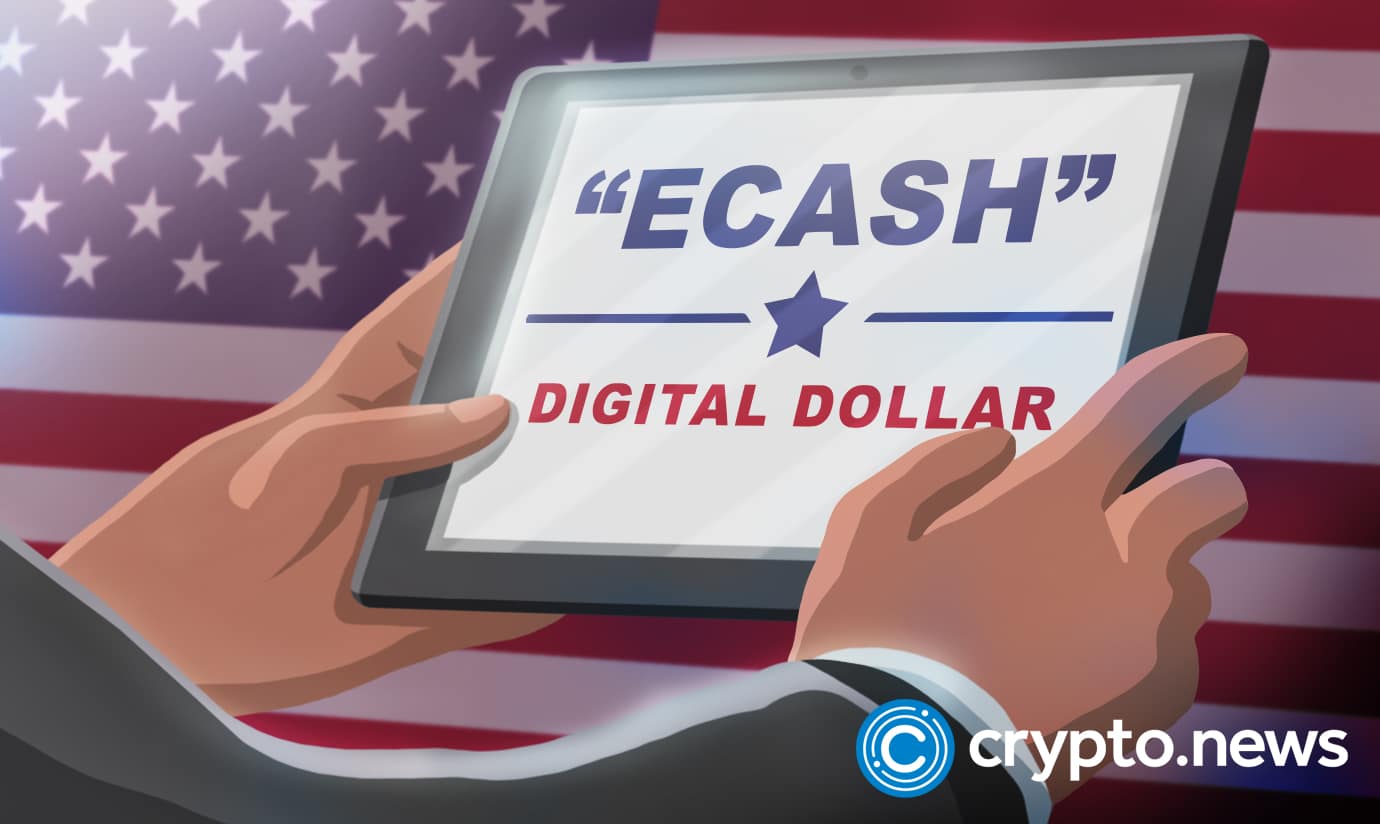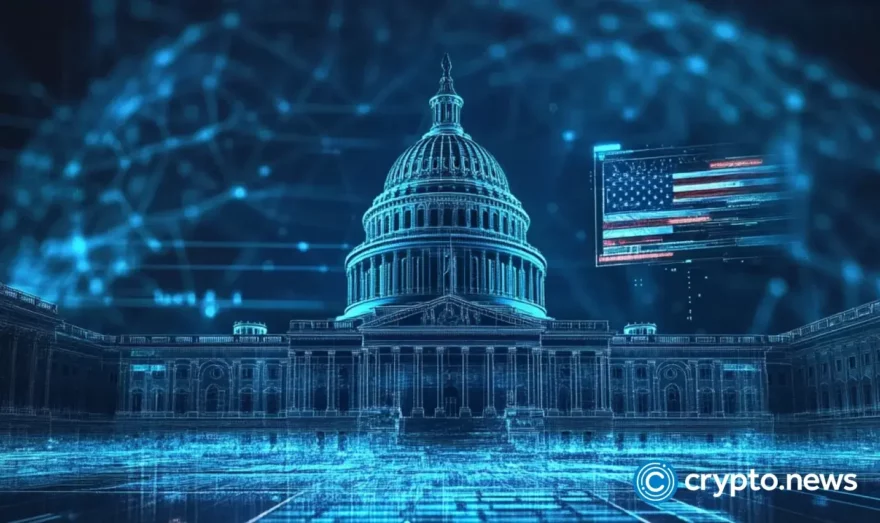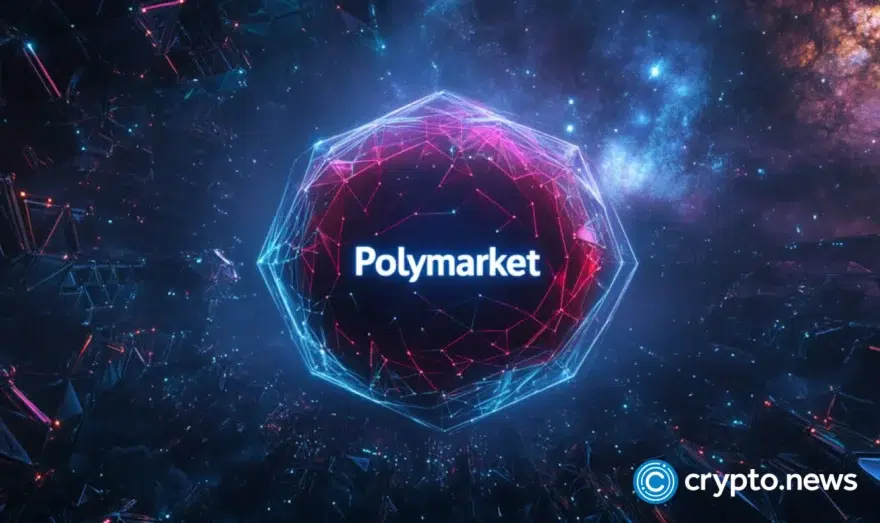ECASH: U.S. Politicians Propose Bill for a Non-Blockchain-Based Digital Dollar

Members of the U.S. House of Representatives including Rep. Stephen Lynch (D-Mass), Rep. Jesus G. Chuy Garcia (D-Ill.), Rashida Tlaib (D.Mich.), and others, have on March 28, 2022, introduced the Electronic Currency and Secure Hardware (ECASH) Act. The proposal is aimed at authorizing the Secretary of the Treasury to develop a non-blockchain-based digital dollar that would support privacy and anonymity just like the fiat dollar.
U.S Lawmakers Introduce the E-CASH Act
Barely one month after president Joe Biden’s administration released an executive order mandating federal agencies and the Federal Reserve to conduct more research on central bank digital currencies (CBDCs) and release a report discussing the pros and cons of a digital dollar within the next 180 days, U.S. lawmakers have floated the Electronic Currency and Secure Hardware (ECASH) Act.
The E-CASH Act was proposed by Rep. Stephen Lynch, Chair of the House Committee on Financial Services’ Task Force on Financial Technology, and is co-sponsored by Rep. Jesus G. Chuy Garcia, Rashida Tlaib, Ayanna Pressley, and Alma Adams.
The E-CASH Act, which has already been endorsed by several U.S. organizations including Americans for Financial Reform, Demand Progress, the Action Center on Race and the Economy (ACRE), and Public Money Action, directs the Secretary of the Treasury to develop and pilot digital dollar technologies that will foster privacy and anonymity just like physical USD, while also fostering financial inclusion.
A section of the bill reads:
“The Secretary of the Treasury shall promote and facilitate the development and deployment of an electronic version of the United States dollar for use by the general public that replicates and preserves the privacy, anonymity-respecting, and minimal transactional data-generating properties of physical currency instruments such as coins and notes to the greatest extent technically and practically possible.”
Instantaneous Cash Transfers without DLT
The proposal also makes it clear that E-CASH must be capable of facilitating instantaneous peer-to-peer payments and offline transactions via secured hardware devices “that do not require subsequent or final settlement on a distributed ledger, or any other additional approval or validation by the U.S. government or other third-party payments processing intermediary.”
Additionally, the digital dollar will be interoperable with existing financial institutions and payment systems in the U.S. as well as generally accepted payments standards, including the U.S. Debit Card and EagleCash, amongst others.
According to the proposal, the ECASH system will be token-based, not account-based, making it impossible for holders to recover their funds once their hardware devices or phones holding the e-cash gets stolen or lost.
“We’re proposing to have a genuine cash-like bearer instrument, a token-based system that doesn’t have either a centralized ledger or distributed ledger because it had no ledger whatsoever. It uses secure hardware software and it’s issued by the Treasury,” said Rohan Grey, an assistant professor at Willamette University.
If the ECASH Act gets enacted, a two-phase e-cash pilot program will go live within 90 days after the enactment and the digital dollar will be made available to the U.S. public not later than 48 months after the date of the implementation of the legislation.
















